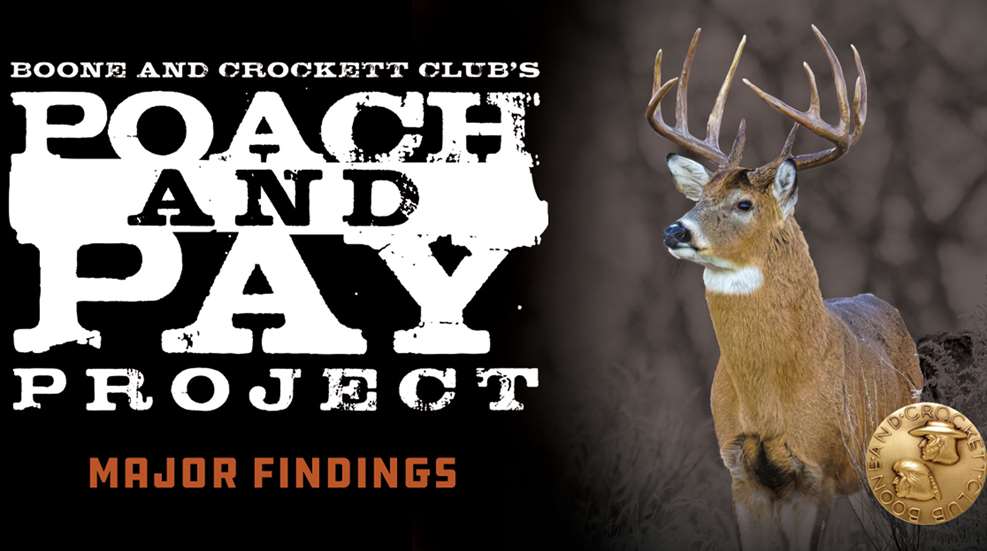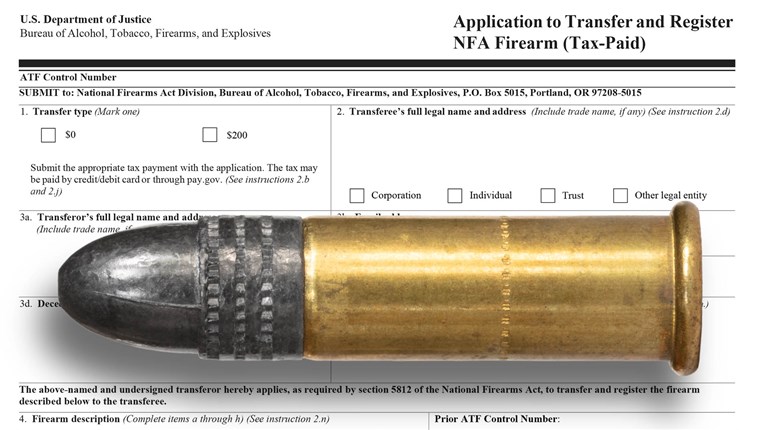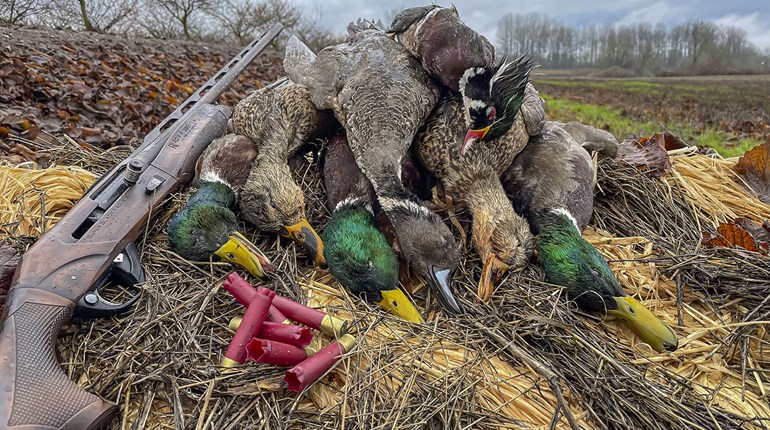
Did you know that the majority of wildlife violations never result in citations? Sure, with so much ground to cover, it may be easy to guess that most violations committed deep in the backcountry will never see the light of day, but the scale is still quite surprising.
At a Sept. 9 press conference in Washington, D.C., Boone & Crockett CEO Tony A. Schoonen announced the findings of the organization’s Poach and Pay Project, a five-year research study. Titled, “Reducing the Illegal Take of Wildlife by Investigating the Motivators, Evaluating the Associated Conservation Costs, and Improving Detection Rates of Poaching,” the 205-page report addresses the quantitative realities of wildlife poaching.
“We have long known that poaching is a major problem in the United States, but we didn’t truly understand the magnitude of the problem until this Poach and Pay research,” Schoonen said. “With this defensible assessment of the ‘Dark Figure,’ we can clearly describe the conservation cost of poaching and prove that poaching is not a victimless crime. Not only do we lose individual wildlife, we are also losing a valuable public resource with a high cost.”
Schooner’s Dark Figure refers to the percentage of poaching cases that go undetected across America. Using extensive surveys of fish and wildlife agency law enforcement officers, hunters, landowners and convicted poachers, as well as interviews and focus groups with prosecutors and judges, the Poach and Pay research concluded that only about four percent of all poaching crimes are detected. This means that an astounding 96 percent of the time, poachers get away with their criminal acts.
Poach and Pay Highlights
- A minimum nationwide loss of $302.6 million in fines and $1.13 billion in wildlife replacement costs each year (assuming the 96-percent figure's accuracy).
- That $1.13-billion replacement cost for big-game animals taken illegally was more than the $1.185 billion allocated to all 50 states in 2023’s Wildlife Restoration (Pittman-Robertson Act) funding distributed by the U.S. Fish and Wildlife Service.
- The four percent of poaching crimes detected translates to an average state level loss of $6.1 million in fines and $22.7 million in replacement costs per state annually.
Want to learn more about this report? Head on over to nrahlf.org for Brian McCombie's original reporting on the topic.



































